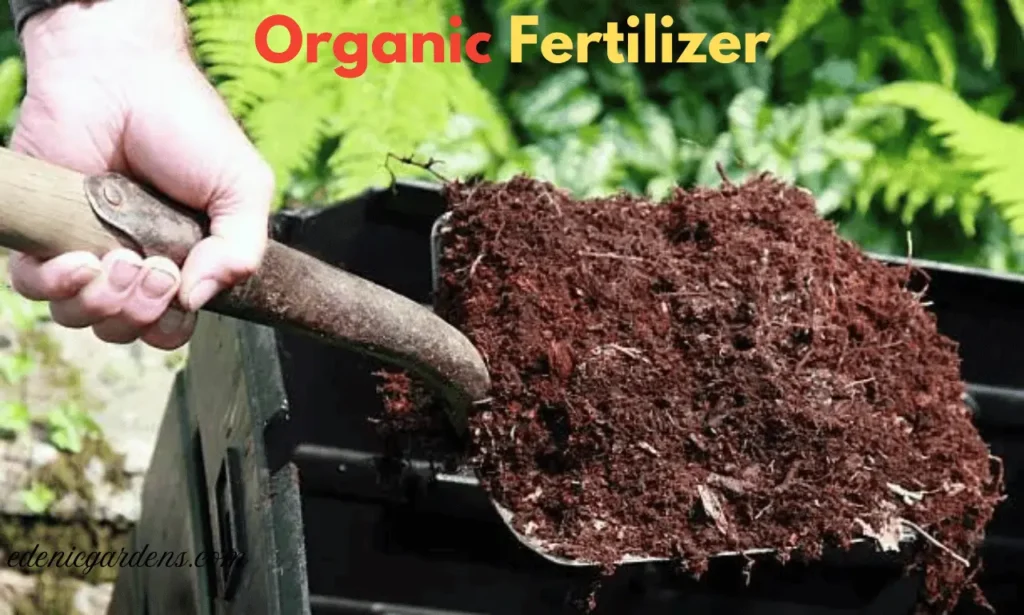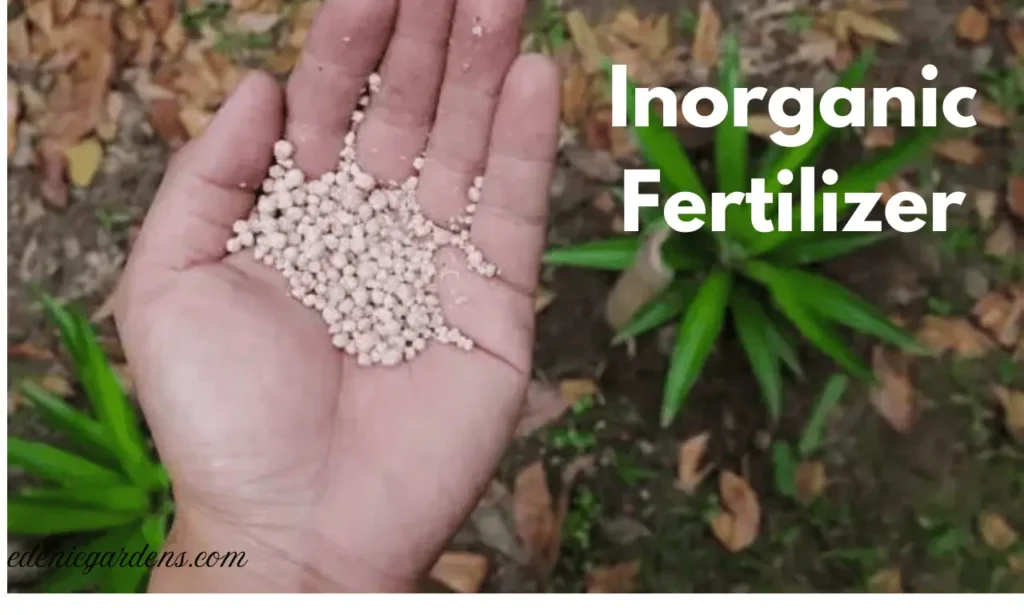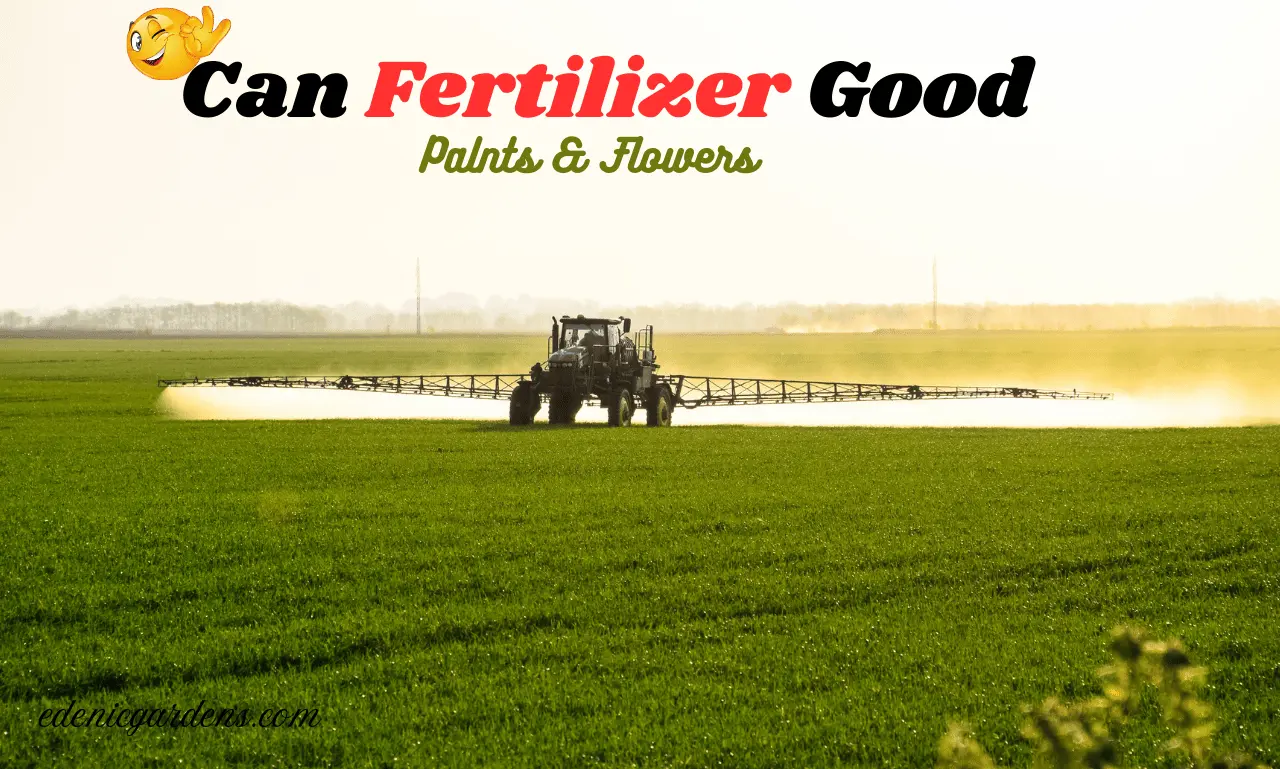Introduction Of Fertilizer
Fertilizer are the chemical elements that enhance the the growth of plants and flowers. Fertilizer is good for plants and flower because they enhance the fertility of the soil.Plants require 17 essential nutrients in the soil to survive and to grow.
Nitrogen, phosphate, potassium and sulphar are the most important nutrients for high crops yield.
Types of fertilizer:
- Organic Fertilizer 2) Inorganic Fertilizer
1) Organic Fertilizer: (Expert Recomendation)

The essential source of plants nutrients and flower are Organic Fertilizer. Organic Fertilizer are also called “Organic manure” . The definition of Oranic Fertilizer are simple, it refer compost made from animal waste or animal and plant residues that is good for plants and flower.
Benefits :
- Organic fertilizer is good for environment. They reduce the the pollution of soil because organic fertilizer are non toxic and Biodegradable. Organic fertilizer also improve the soil structure and they reduce the Need of watering. They promote the biodiversity and eco-system health.
- Organic fertilizer also increase the fertility and add the organic matter in the soil. Organic fertilizer Provide the good supply to plants andd release the nutrients Slowly. They reducing the risk of soil erosion.
- Organic fertilizers reduce the risk of exposure to toxic chemicals thats are available in inorganic fertilizer.
Pros & Cons Of Organic Fertilizer
Pros
- Reducing the Risk of soil and water pollution.
- Improve the structure and frtility.
- Providing the stady supply of nutrients to plant.
- Support the Growth of micro Organism in soil.
- They Increasre The crop yield at Low cast
Cons
- lower nutrient content than synthetic fertilizers.
- Require more Labour to produce and apply.
- Organic fertilizer are not widely available.
2) Inorganic Fertilizer ( Synthetic):

Inorganic fertilizers are known as synthetic or chemical fertilizers and they are made from different chemical compounds. This fertilizer provides a specific information of plants and support their growth and development. Inorganic fertilizers are widely used in modern agriculture because they are able to provide nutrients directly to plants in an acceptable form.They provides nitrogen, phosphorus, potassium, and other necessary elements for the growth and development of Plant.
Pros
- They provide nutrients quickly to plant.
- This is easy to use and apply for home gardening and agricultre field.
- They provide a quick nutrients boost to plant.
- Inorganic fertilizer have longer shelf life.
Cons
- Continuous use lead a soil degradation.
- Inorganic fertilizer harm the aquatic ecosystem.
- overfertilizing lead the potential harm of enviroments.
- in organic fertilizer can increase the cost per former.
Conclusion :
selecting a fertilizer for plants involves careful consideration of the plant’s special needs, soil conditions, and desired growth outcomes. While non-fertilizers come with soil degradation, environmental impact, and the risk of over-fertilization, their point of view is that by spreading the fertilizer, it is possible for the metal to be produced to fall into the visible supply. Prevent environmental impact.
The debate over whether the fertilizer should be a fast-acting or slow-release depends on the nature of the plant, the growing season, and the overall goals of the crop’s climate. Slow-release fertilizers offer a longer-lasting nutrient supply and help deliver long-lasting nutrients, resulting in long-term soil health. On the other hand, fast-acting fertilizers can support rapid energy loss and rapid plant growth.
FAQ’S
Do plants grow better with fertilizer?
Yes fertilizer provide the a essential nutrients to plants for better growth. Fertilizer improve the structure of soil and two type of fertilizer are there ( Organic and Inorganic fertilizer).
What is the disadvantage of fertilizer to plants?
The naturely occurring Microorganism in the soil can harm from inorganic fertilizer and Inorganic fertilizer destroy the fertility of the soil.Inorganic fertilizer is harmful for humans and and environments.
What is inorganic vs organic fertiliser?
Inorganic fertilizer can made for rocks and chemical things are they provide the supply of nutrients quickly and Organic fertilizer can made from the waste of living things and plants and they provide the supply of nutrients slowly to the plants

